| Yahya Sinwar, the mastermind of the October 7th attacks, is dead (https://www.economist.com/middle-east-and-africa/2024/10/17/how-yahya-sinwars-death-will-change-the-middle-east?utm_campaign=a.io&utm_medium=audio.podcast.np&utm_source=theintelligence&utm_content=discovery.content.anonymous.tr_shownotes_na-na_article&utm_term=sa.listeners). What does that mean for Hamas, for a ceasefire in Gaza and for regional stability more widely? Our swing-states series continues with Wisconsin (https://www.economist.com/united-states/2024/10/17/vital-election-races-in-wisconsin-are-awfully-close?utm_campaign=a.io&utm_medium=audio.podcast.np&utm_source=theintelligence&utm_content=discovery.content.anonymous.tr_shownotes_na-na_article&utm_term=sa.listeners) and Michigan (https://www.economist.com/interactive/us-2024-election/prediction-model/president/michigan?utm_campaign=a.io&utm_medium=audio.podcast.np&utm_source=theintelligence&utm_content=discovery.content.anonymous.tr_shownotes_na-na_article&utm_term=sa.listeners): why do they no longer reliably vote Democrat (9:43)? And our obituaries editor on Sammy Basso (https://www.economist.com/obituary/2024/10/17/sammy-basso-led-research-into-his-own-rare-disease?utm_campaign=a.io&utm_medium=audio.podcast.np&utm_source=theintelligence&utm_content=discovery.content.anonymous.tr_shownotes_na-na_article&utm_term=sa.listeners), a young mind in a body ageing ruthlessly rapidly (18:14). Get a world of insights by subscribing to Economist Podcasts+ (https://subscribenow.economist.com/podcasts-plus). For more information about how to access Economist Podcasts+, please visit our FAQs page (https://myaccount.economist.com/s/article/What-is-Economist-Podcasts) or watch our video () explaining how to link your account. Hosted on Acast. See acast.com/privacy (https://acast.com/privacy) for more information. |
Tags: Featured,newsletter




















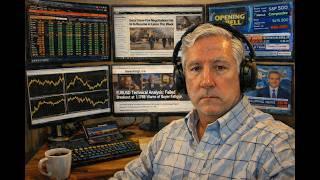
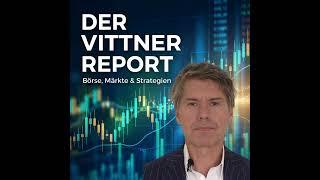
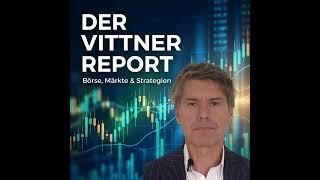
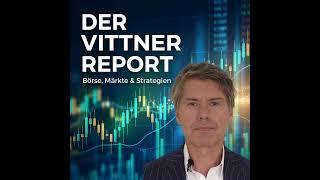
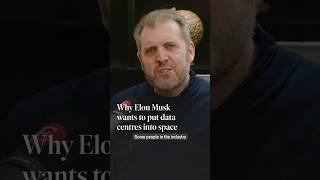







4 pings